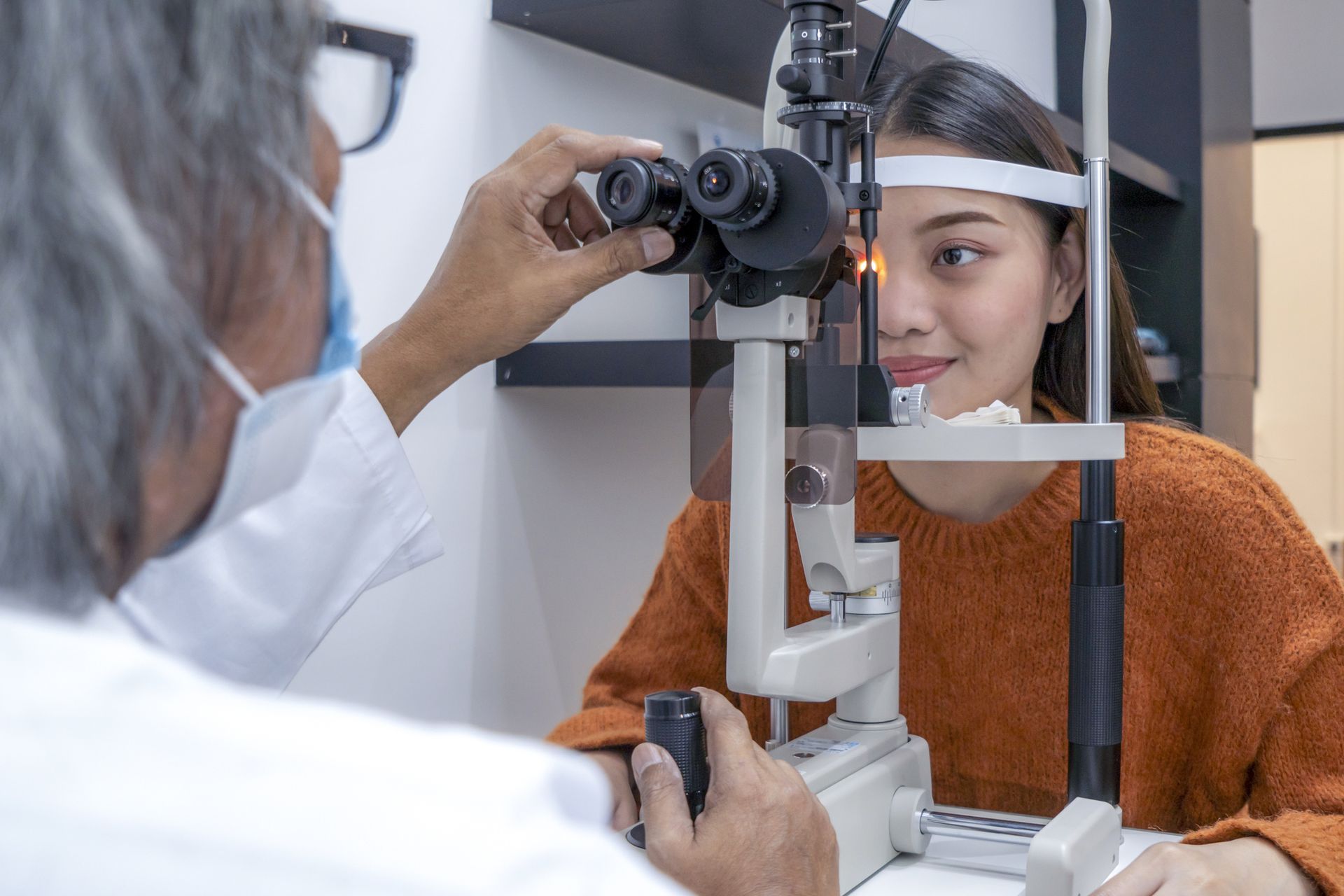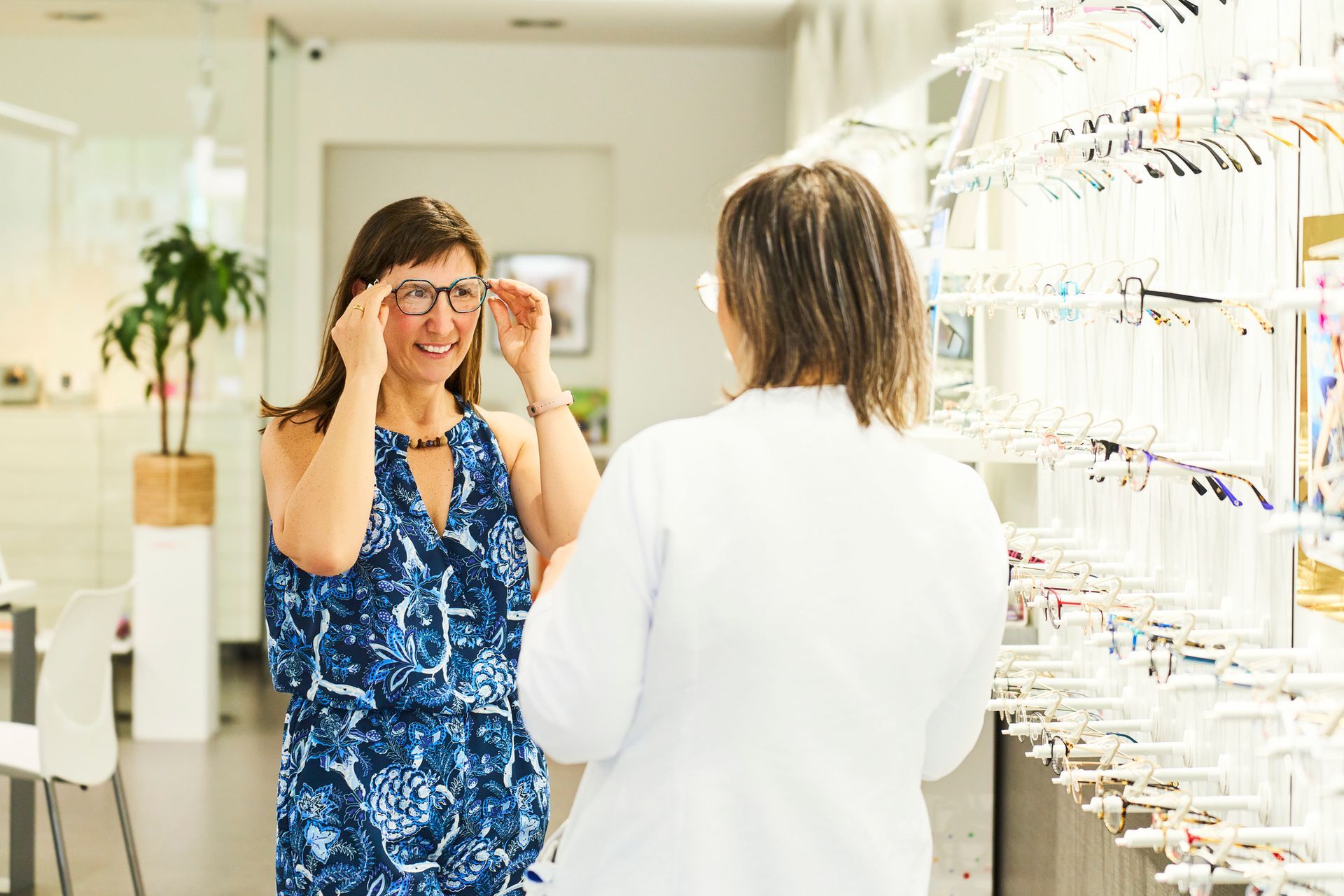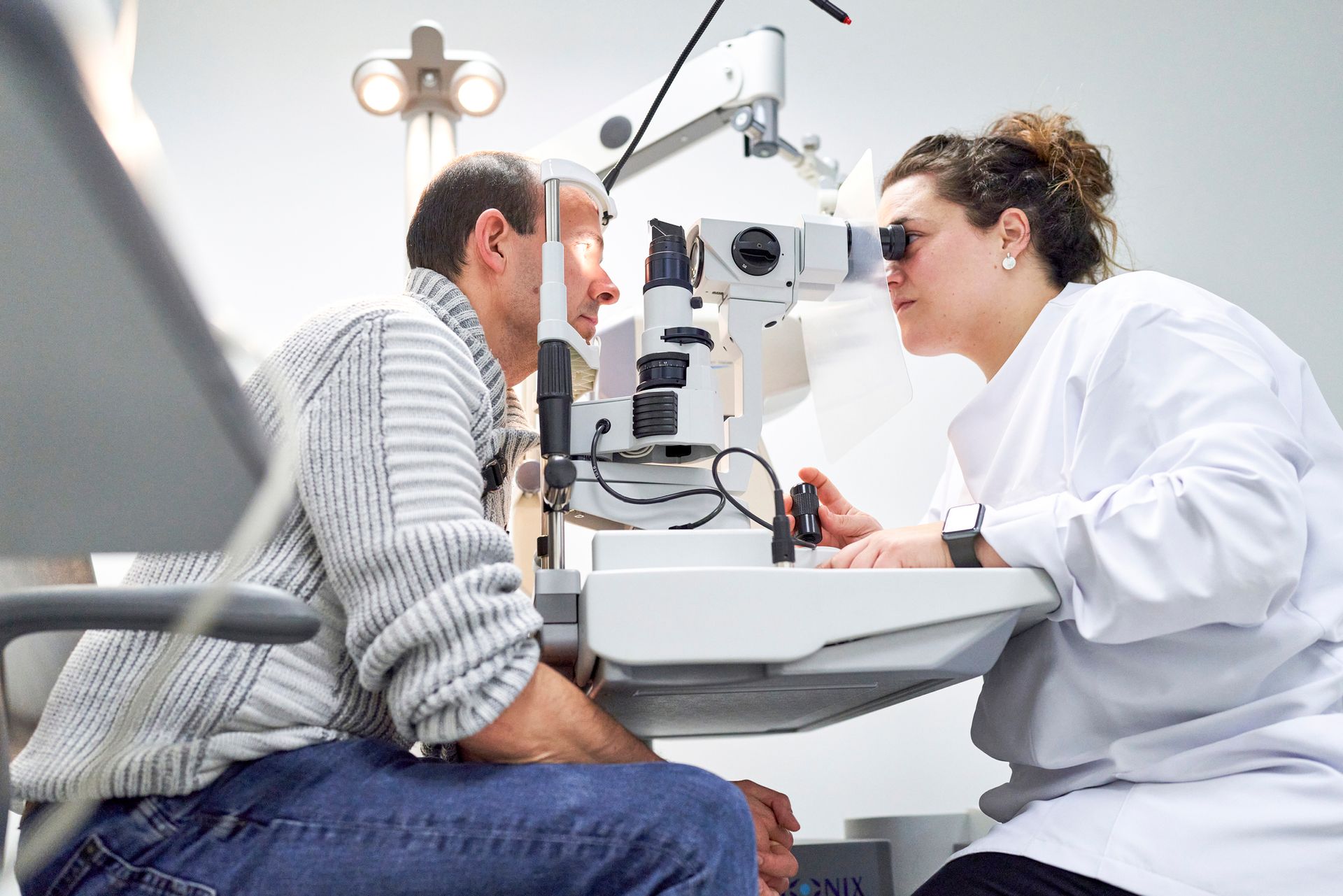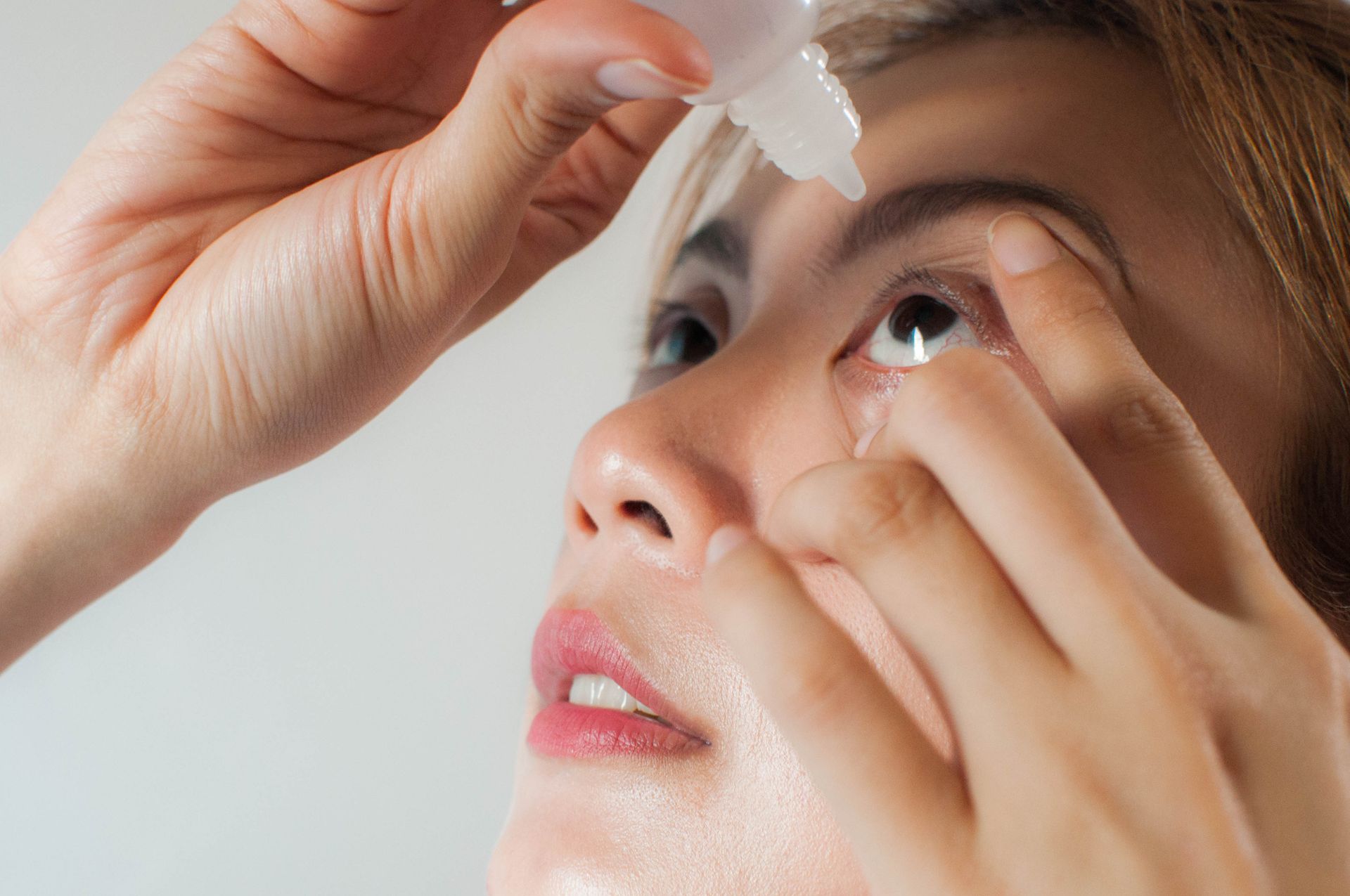Protect Your Eyes From Screen Exposure
Many day-to-day tasks now involve using electronic devices. More people work on the computer, spending hours each day looking at a screen, reading information, or inputting data. Recreational time also involves increased screen exposure. People use their phones or tablets to play games, watch movies, or create content on social media.
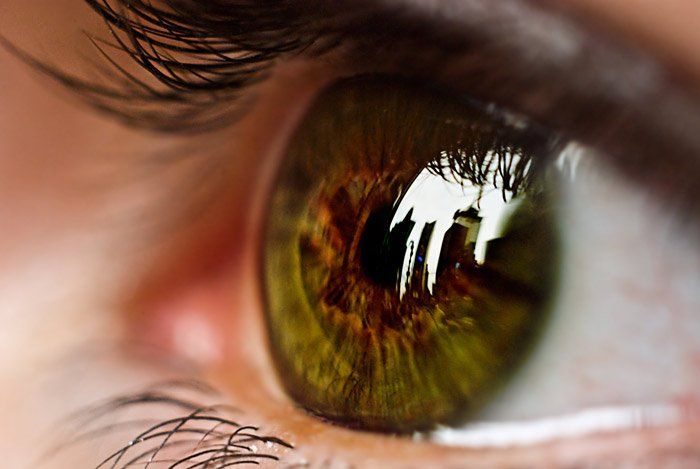
Research is ongoing about how so much exposure to screened devices affects the eyesight. However, scientists have observed the effects of screen light on the eyes. If you spend a lot of time each day working with screens, take some steps to protect your eyes from damage.
Understand Screen Light
Blue light is essential for vision development, but it is best from natural white light sources (like sunlight) that have blue light as part of the whole spectrum. Blue light is responsible for helping to establish a proper sleeping pattern. Exposure to blue light also helps with alertness, which is why people are generally more awake during the daytime.
However, the concentrated blue light from screens can be too much of a good thing. Not only is the light from the screen not white light, which gives balance for your eyes, but the constant stimulation can cause severe eye strain. You can experience eye strain, tiredness, sore muscles, and reduced ability to focus your eyes as you look at a screen repeatedly.
Some research shows that too much exposure to blue light can also accelerate aging in the eye. Normally, your eye produces melanin to protect against light damage, but production naturally decreases with age. Blue light exposure causes you to experience reduced melanin production at an earlier age, which puts you at risk for macular degeneration.
Protect Your Eyes
- Use screen filters to reduce blue light. If you work on the computer, install apps or apply filters that make the light from your screen red instead of blue. Using red light is especially helpful if you use your computer in the dark.
- Take breaks. Every half hour or so, look away from the screen to focus intently on something farther away. Read words that are not on the screen. When you do this, you use different muscles and allow your eyes a break from looking at the same thing at the same distance.
- Remind yourself to blink. Screen time usually reduces blink time, so your eyes are more likely to become dry or irritated after prolonged exposure. Make it a habit to blink every few seconds, because you might not do it as often as you need to otherwise.
Talk to your eye doctor about getting anti-reflective lenses if you wear glasses. These help to reduce glare on your eyes. You can also get into the habit of keeping your screen further away, even if you are looking at your phone.
Finally, take stock of your screen exposure. If you work with a laptop or computer desktop, try to reduce your screen time by choosing other activities for recreation. For example, don't come home to watch a show on your TV or computer if you've already spent the whole day working at a desk. Instead, read a book or spend some time outdoors.
Get Testing and Treatment
If you start to notice that your eyes are feeling painful even when you take steps to reduce exposure and eye strain, speak with your doctor. You might need a different lens prescription or you might need some tests to make sure that your eyes are still in good health.
Protect your eyes from too much screen exposure by taking some simple preventative measures. For more information, contact us at Calvert Ophthalmology Center.




